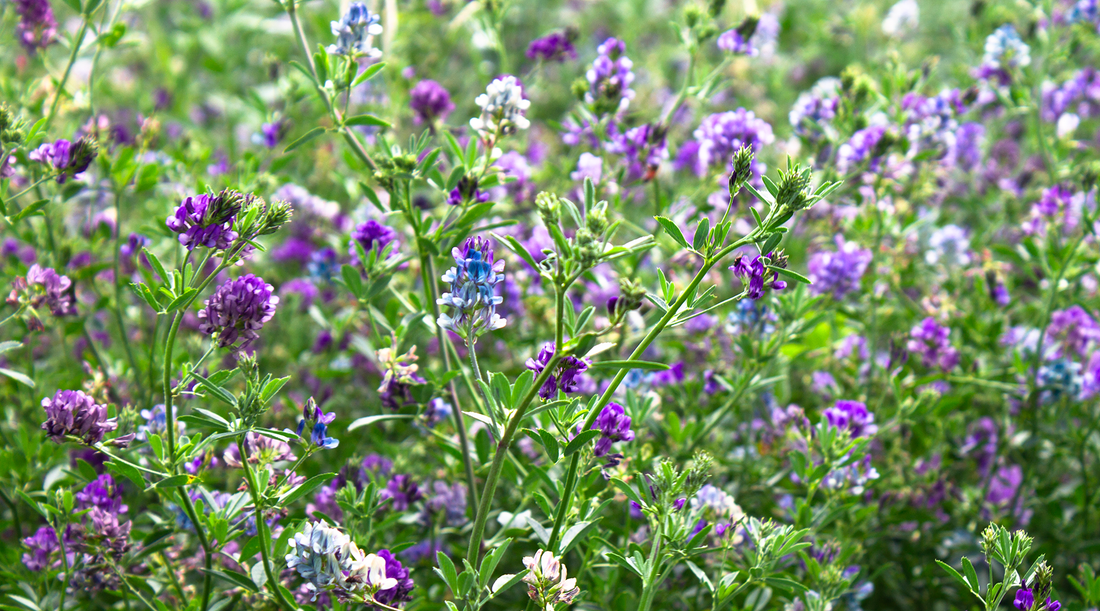
What’s the Difference Between Raw and Refined Beeswax?
Introduction: Understanding Raw vs. Refined Beeswax
Beeswax is a versatile natural product used in candles, skincare, and industrial applications. However, not all beeswax is the same—raw beeswax and refined beeswax have distinct differences in processing, appearance, and usage. This guide explores how they differ and which type is best for specific applications.
What is Raw Beeswax?
Raw beeswax is unprocessed or minimally filtered wax obtained directly from honeybee hives. It contains natural components such as pollen, propolis, and honey residues.
Characteristics of Raw Beeswax:
- Colour: Ranges from deep yellow to brown, depending on hive conditions.
- Scent: Has a strong, natural honey aroma.
- Texture: May contain small bits of hive debris or bee-related materials.
- Uses: Ideal for natural skincare, homemade balms, wood polish, and traditional candle-making.
What is Refined Beeswax?
Refined beeswax undergoes additional filtration to remove impurities, making it more suitable for cosmetic and food-grade applications. This processing is quite simple, the beeswax is warmed and ran through cheesecloth (or more advanced filters).
The purpose of this filtering is to remove any contaminants in the wax that are bigger than pollen. This additional filtering, if done right, can remove unwanted chemicals from the beeswax, should there be any.
Characteristics of Refined Beeswax:
- Colour: Typically lighter, ranging from pale yellow to white.
- Scent: Mild or neutral, depending on filtration methods.
- Texture: Smooth and free from debris.
- Typically fewer chemicals in filtered beeswax as well (this is why pharmaceutical and food companies use more heavily filtered beeswax).
- Uses: Common in cosmetics, pharmaceuticals, food coatings, and professional candle production.
Key Differences Between Raw and Refined Beeswax
|
Feature |
Raw Beeswax |
Refined Beeswax |
|
Processing |
Minimal filtering, may contain hive impurities |
Heavily filtered or bleached for purity |
|
Color |
Dark yellow to brown |
Light yellow to white |
|
Scent |
Strong natural honey aroma |
Milder or neutral scent |
|
Texture |
May have debris and uneven texture |
Smooth and consistent |
|
Best For |
DIY skincare, wood polish, rustic candles |
Cosmetics, pharmaceuticals, food coatings |
Which Type of Beeswax Should You Use?
- For Natural Skincare & Balms: Raw beeswax retains beneficial properties, but refined beeswax ensures a smoother product.
- For Candle Making: Both types work, but refined beeswax provides a cleaner, more consistent burn.
- For Food-Grade Applications: Refined, food-grade beeswax is recommended for coatings and preservation.
- For DIY Crafting: Raw beeswax is best for rustic, natural projects, while refined wax suits detailed work.
Conclusion: Choosing Between Raw and Refined Beeswax
Both raw and refined beeswax have their advantages. Raw beeswax is best for all-natural applications, while refined beeswax is ideal for cosmetics and food-related uses. Choosing the right type depends on purity requirements, scent preference, and intended use.
Where to Buy High-Quality Beeswax
For the best results, source 100% pure raw or refined beeswax from trusted suppliers or ethical beekeepers to ensure quality and sustainability.
Why Our Beeswax is Better
Looking for high-quality, 100% pure Canadian beeswax candles? All of our beeswax products are hand-poured and sold in wholesale and small quantities. We have perfect our wax filtering process over the past decade and now offer a consistent high-quality product.
Shop now and experience the difference.
About Prairie Sun Beeswax
Prairie Sun Beeswax is a family-owned business in the Canadian prairies, producing pure beeswax and honey for over three generations. We render Manitoba and Ontario beeswax and all of our beeswax products sold are 100% Canadian. What started as a small beekeeping operation in 1962 has grown into a thriving farm with 1,500 hives. Since launching our commercial beeswax rendering business in 2014, we’ve perfected our filtering process to deliver the highest quality wax to our customers. In addition, our commercial beeswax rendering process is powered by a large solar array that we installed behind the honey house in 2017.
